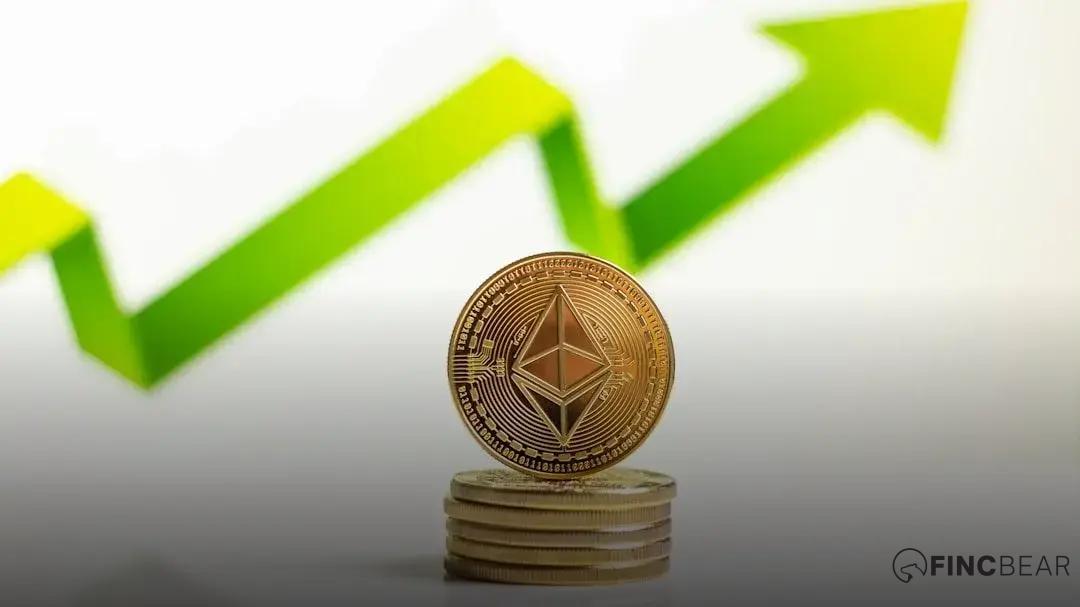The ongoing conflict in Ukraine continues to significantly alter global markets. As economic sanctions deepen and energy supplies face disruptions, every sector feels the impact. This blog delves into how the war influences trade, investments, and stability worldwide, with a keen focus on various affected areas.
Economic Sanctions and Their Ripple Effects
Economic sanctions are powerful tools used to influence the behavior of nations. When applied, they have profound implications not only for the targeted economy but also for global markets. Sanctions can disrupt international trade, affecting industries like technology, agriculture, and manufacturing.
Companies face challenges such as restricted access to essential materials and markets. This causes businesses to adapt quickly, seeking alternative suppliers or markets, which can lead to increased costs. Consumers might also feel the impact through higher prices or product shortages, as the availability of goods becomes unpredictable.
Moreover, economic sanctions can reshape political alliances, encouraging affected nations to seek new partners and avenues for trade. Both allies and adversaries find themselves drawn into a complex web of negotiations and economic strategies.
Financial markets often react swiftly to sanctions. Investors may experience changes in stock prices as they reassess risks and opportunities. The ripple effect spreads to securities, bonds, and international investments. Sanctions can lead to volatility, influencing decision-making across the globe.
Overall, the implementation of economic sanctions demands a calculated and strategic approach, as their effects can reverberate globally, influencing economic and political dynamics far beyond the immediate conflict zone.
Energy Market Fluctuations Amidst War

The ongoing conflict in Ukraine has led to significant fluctuations in the energy market globally. These changes are driven by disruptions in supply and demand dynamics, with countries heavily relying on Russian energy sources feeling the impact most acutely. The unpredictability surrounding the conflict creates a volatile environment, affecting prices and availability of key resources.
As nations impose sanctions on Russia, they grapple with the
implications for their energy dependencies
. Many nations are seeking alternatives, ramping up investments in renewable energy, and diversifying their energy sources. This shift, however, comes with its own set of challenges, including technological, economic, and infrastructural hurdles.
The war has also amplified existing vulnerabilities in energy supply chains, leading to increased competition for resources such as natural gas and oil. Price spikes and shortages are becoming more common, impacting both producers and consumers. In turn, this significantly affects global economies, with inflation and increased costs of living being pervasive outcomes.
The intricate network of global trade adds another layer of complexity, with energy-rich nations leveraging their resources as strategic tools in geopolitics. The current situation calls for a reevaluation of energy strategies, emphasizing resilience and sustainability while navigating an unpredictable geopolitical landscape.
Ripple Effect on Global Supply Chains
Companies are facing the pressing need to diversify their supplier base to mitigate risks. This means exploring new partnerships and reevaluating sourcing strategies, aiming for more resilience. The adjustments are not limited to mere geographic shifts; they encompass technological advancements in supply chain management, enhancing visibility and response times.
Moreover, the uncertainty surrounding raw material availability prompts businesses to reconsider inventory practices, favoring flexibility and adaptability. These changes underline a profound transformation in how global supply chains operate, emphasizing resiliency to withstand future global disruptions.
Impact on International Investments

The ongoing conflict in Ukraine has led to significant shifts in international investments. As investors seek stability and safer assets, there has been a noticeable flow of capital away from regions directly affected by the war. Emerging markets that were previously attractive are now re-evaluated based on their exposure to the conflict and political risks.
Moreover, the war has prompted reallocations in sectors such as defense, technology, and energy. Investors are looking at defense industries with renewed interest as governments ramp up military spending. Meanwhile, the quest for energy independence has sparked investments in renewable energy sources and technologies that can distill reliance on traditional energy providers disrupted by geopolitical tensions.
Additionally, the volatility in currency markets resulting from this geopolitical scenario poses challenges for multinational businesses and their capital planning strategies. They must navigate through fluctuating exchange rates and potential regulations that could hinder cross-border investments. Thus, the financial world is adjusting to these sudden and dynamic changes, accelerating a shift towards resilient and diversified portfolios.
Currency Instability and Global Exchanges
The current geopolitical tension has led to significant currency instability across global markets. This is especially evident as investors react to daily developments, leading to fluctuating exchange rates. During times of uncertainty, currencies like the US Dollar and the Euro are often sought after as safe havens, causing shifts in their values.
Furthermore, the situation has impacted emerging market currencies, adding volatility to their already precarious positions. This affects countries heavily reliant on foreign trade, making imports more expensive and exports less competitive.
Fluctuation in currency values complicates global exchanges by increasing the risks associated with currency conversion. Businesses must constantly adjust to prevent value loss, often implementing strategies like currency hedging.
Central banks worldwide are watching these developments closely, sometimes intervening to stabilize their currency by adjusting interest rates or taking other measures. Such actions can further affect global market dynamics, as they may have unintended ripple effects on economic growth and inflation rates.





